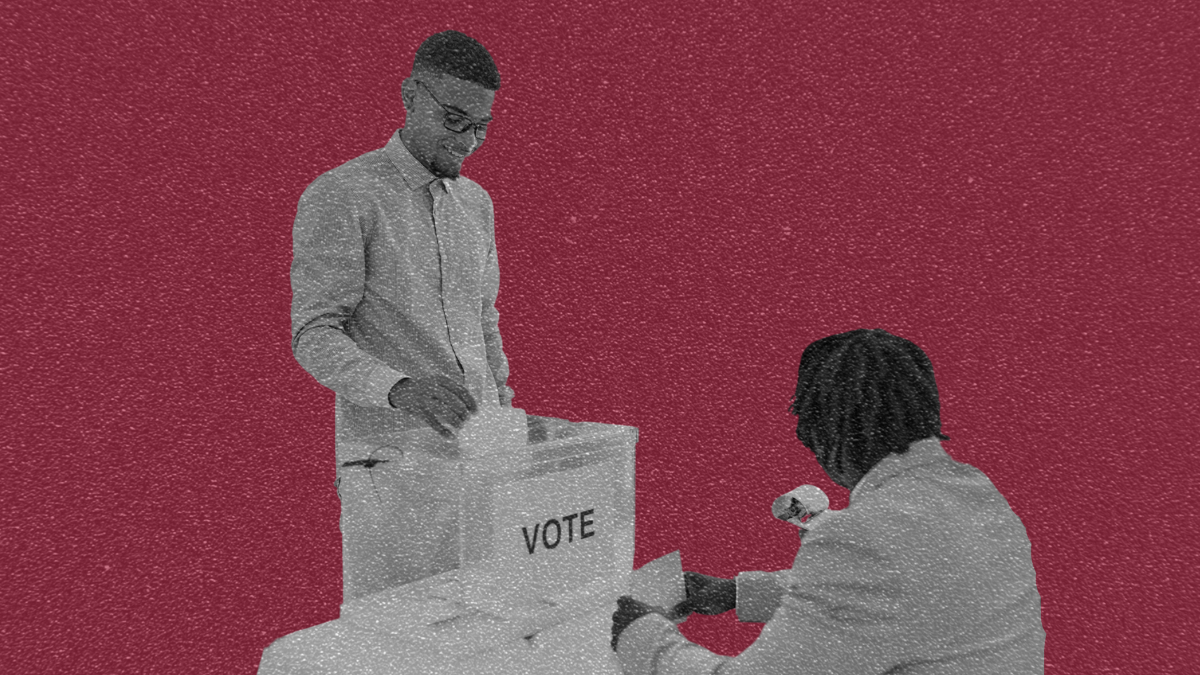Source: Carolina Public Press
In April, The Washington Post reported that a major Republican legal strategist pitched a plan to reduce voter access and turnout – and it included targeting students and young people across North Carolina and other states.
The power of young voters couldn’t be understated, and Republicans’ campaign to erase access to the voting box underscores the weight youth voters have in deciding upcoming elections.
A report by researchers at Tufts University found that compared with previous generations of young voters, there has been an increase in young people voting in the state, with an increase of 9% in youth voter turnout from 2014-18.
During the 2022 midterm elections, an estimated 27% of youth (ages 18-29) cast a ballot, making it the midterm election with the second-highest youth voter turnout in almost three decades, according to the report.
However, in North Carolina, millennial and Gen Z voters have the lowest voter turnout of any generation.
“If you get these two generations, Millennials and Gen Z, to at least punch up to their political weight, there would be, I think, a very distinct, political shift in the state,” Michael Bitzer, a professor of politics and history at Catawba College told Carolina Public Press.
North Carolina ranks seventh in Tufts University’s Youth Electoral Significance Index, which determines how significant youth votes are to shaping our elections. Young North Carolina voters have the voting power to determine many of the state’s major races, including the Senate.
“I hear a lot of people saying my voice isn’t going to be heard, and many think it’s bad for their mental health to engage with politics,” Chelley Trammell, a student leader of the New Voters Project chapter at UNC Charlotte, told Carolina Public Press. “But I always tell them that if you aren’t thinking about your vote, you should know that your bosses, your landlord, the rich people and corporations are thinking about it.
“If you’re not voting, you’re only helping the powerful hurt you in the long run,” Trammell added.
Carolina Public Press reports that since the last presidential election, more young people have registered to vote in the state, however it remains to be seen whether youth voter turnout will increase or remain low.
Data from the State Board of Elections found that during the 2022 general elections, voter registration for millennials was at 26%, but only 18% cast their ballots, while, Gen Z voter registration was at 13%, and only 6% voted.
“I don’t think it’s because young people don’t care; it’s because many don’t have the resources or education to just know how to jump through all the hoops it takes to vote these days,” Martha Plaehn, a student leader of the New Voters Project chapter at UNC-Chapel Hill stated. “Any barriers to voting, such as Voter ID laws, make it harder for young people to vote and discourage them from doing so”.
In the past few months, state Republicans have introduced a number of bills aimed at limiting voting access for millions and changing election laws. State Republicans have also relied on its conservative-majority state Supreme Court, which restored the controversial Voter ID law.
These various voter suppression measures will disproportionately impact Black, Brown, rural communities and young voters.
“Voters under the age of 40 are turning against Republican orthodoxy, philosophy, ideology and policy perspectives,” Bitzer stated. “I think the overall generational dynamics at play here in North Carolina point to a real problem for the Republican Party among younger voters.”
Read more at Carolina Public Press





